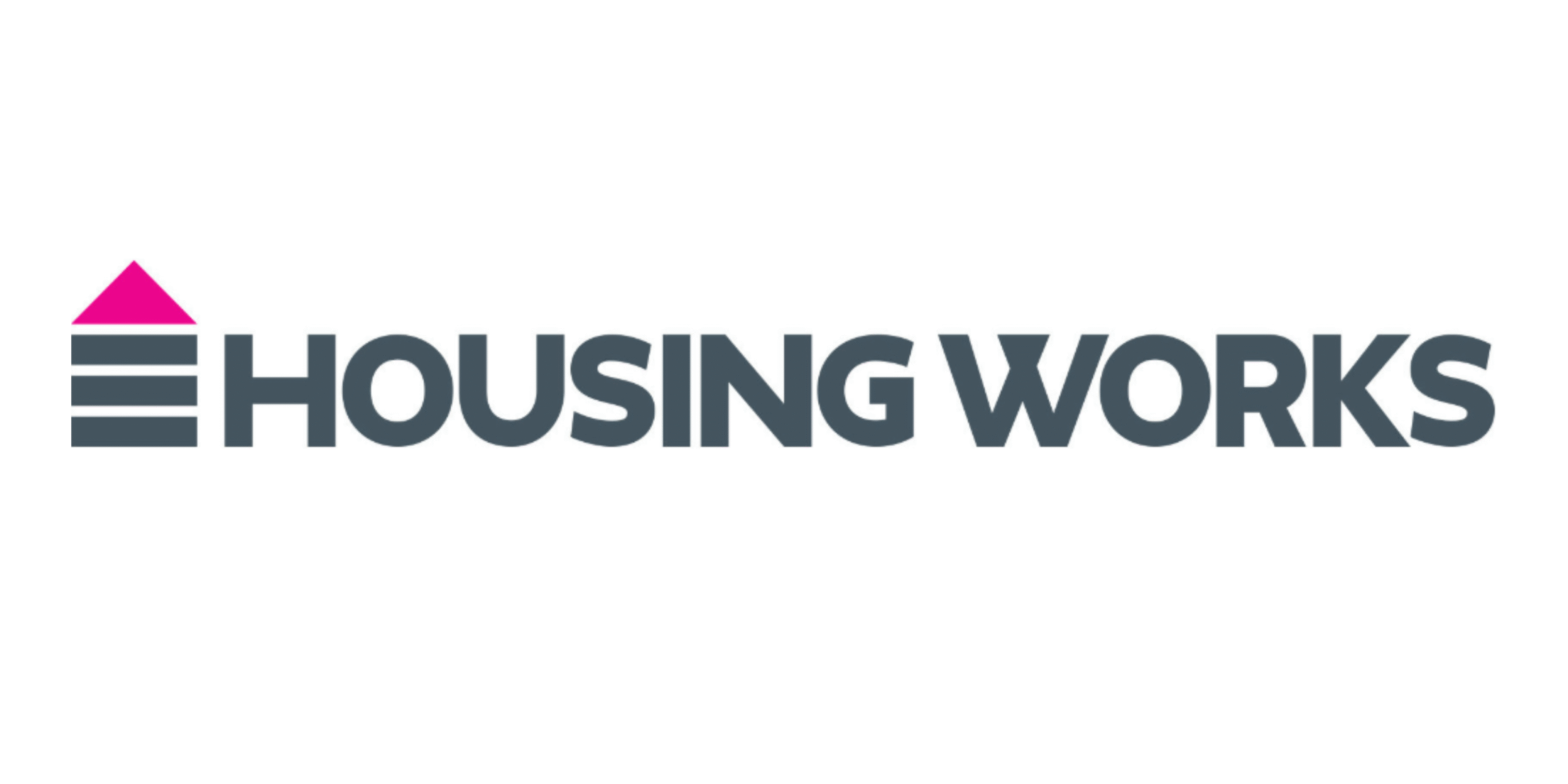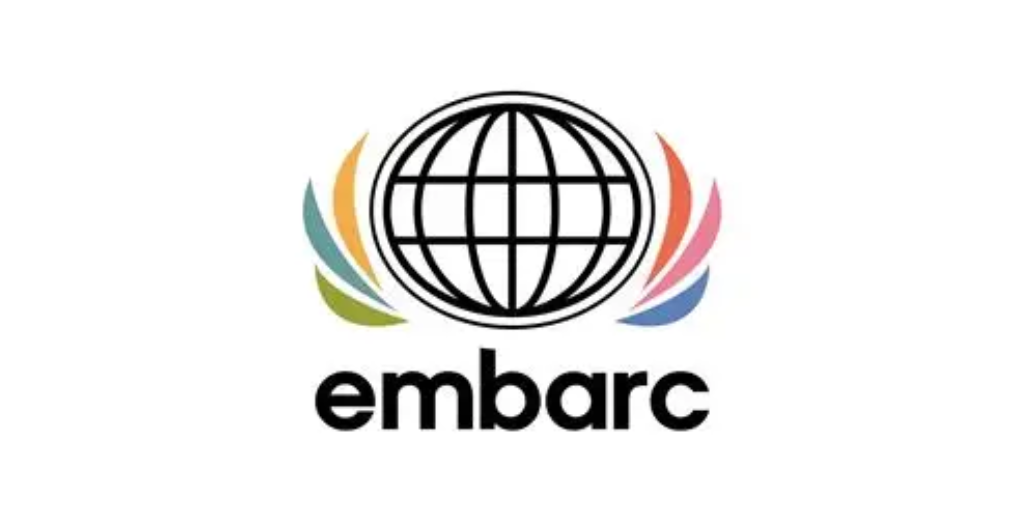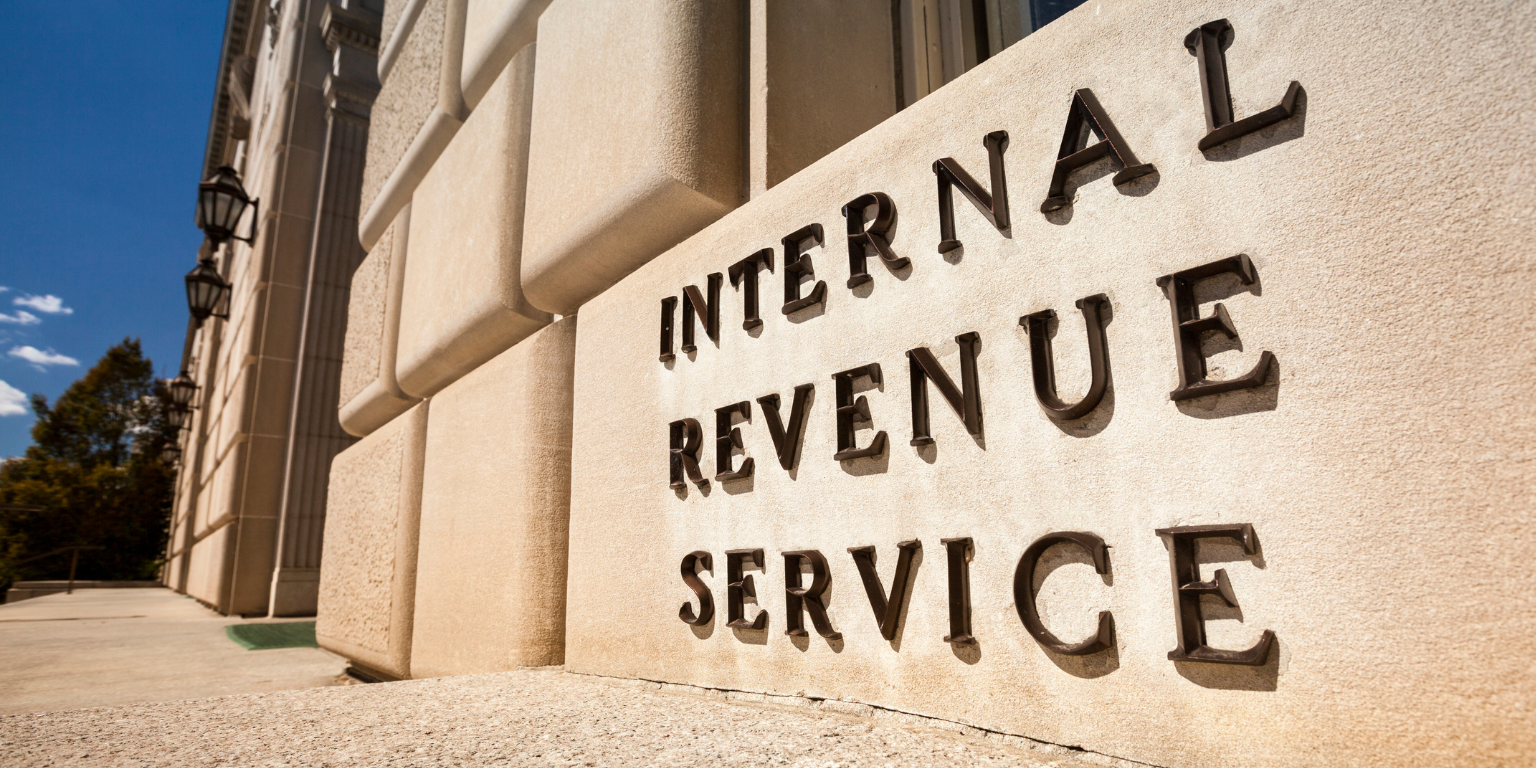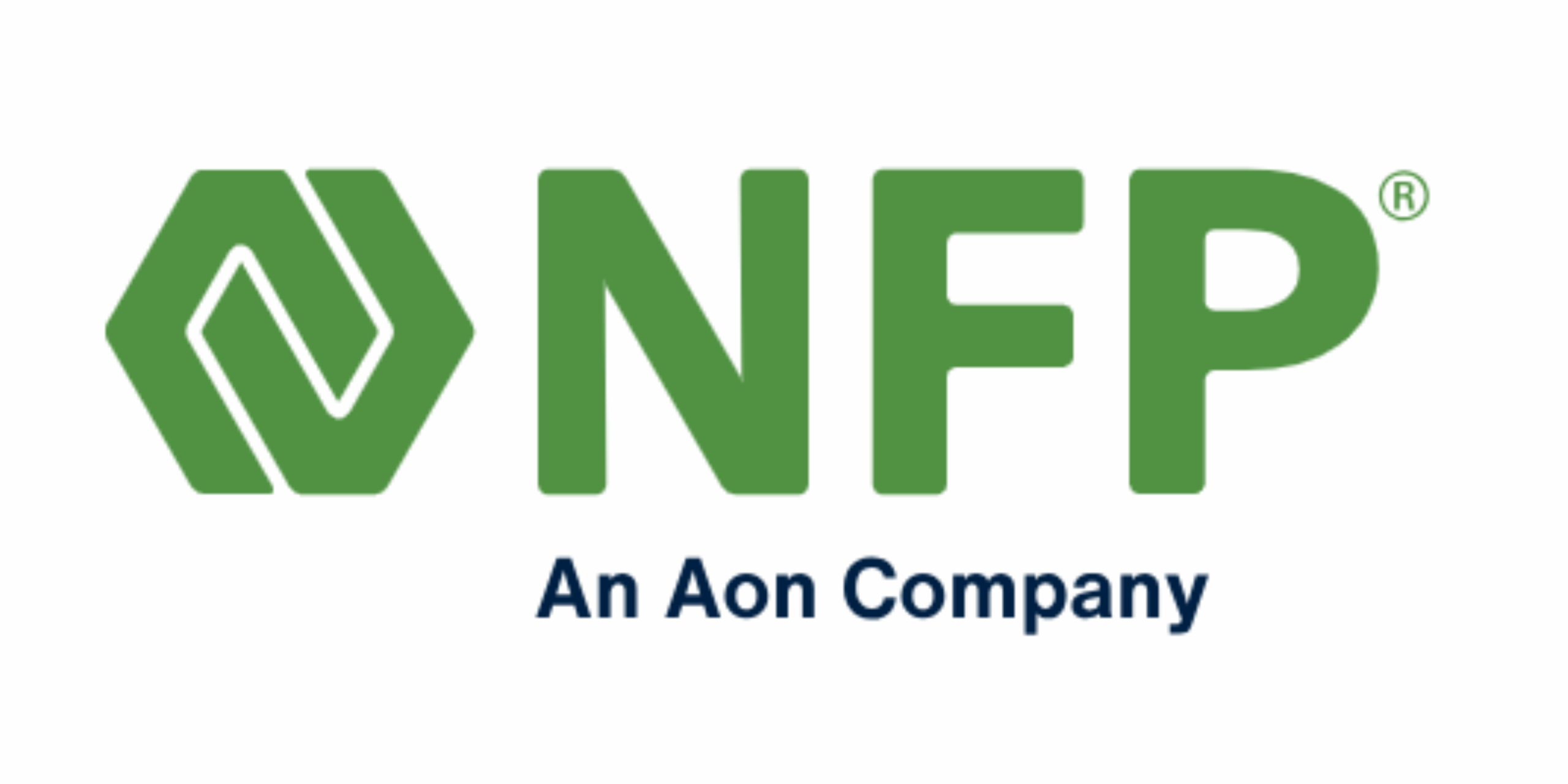Insights That Lead
The LRS Blog
Your go-to source for expert retirement strategies, industry updates, and financial empowerment.

Client & Partner Spotlights
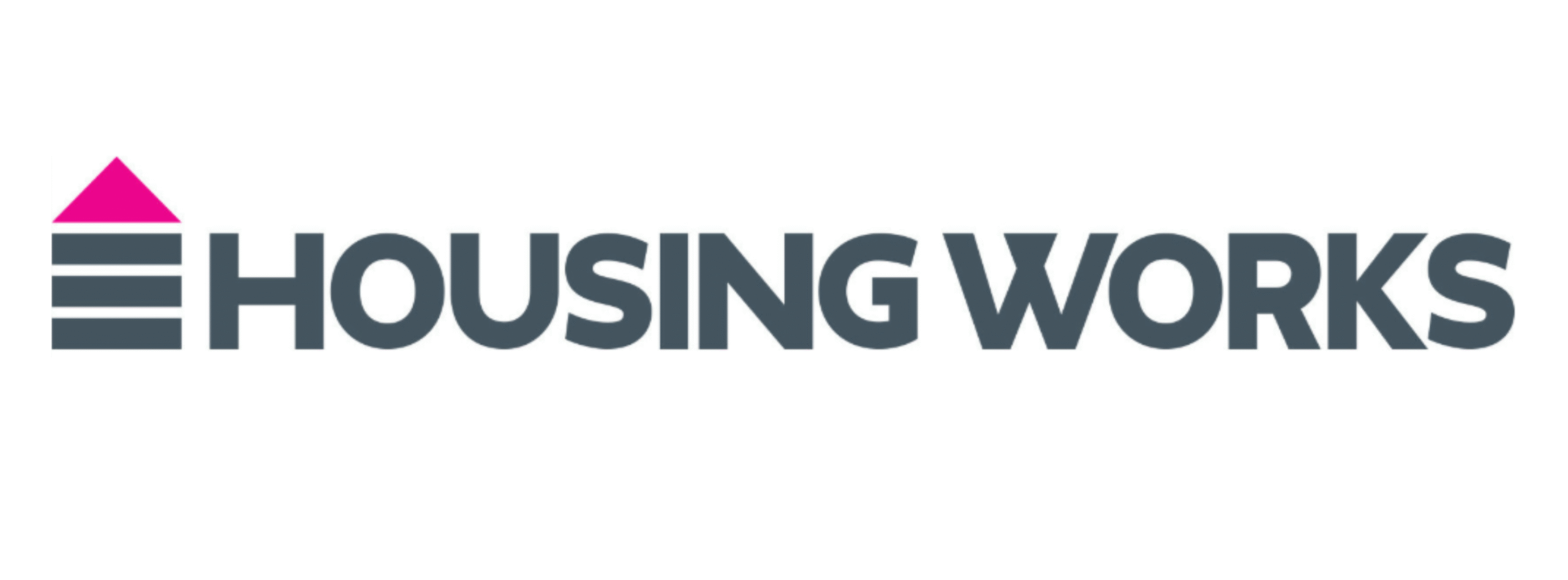
February 16, 2026
Client Spotlight: Housing Works
Read more to see how Housing Works is strengthening support for the employees who make their mission possible.

January 12, 2025
Client Spotlight: Embarc
See how Embarc and LRS deliver a compliant cannabis 401(k) that streamlines HR, strengthens employee engagement, and elevates industry standards.

December 29, 2025
Client Spotlight: STIIIZY
Read more about how STIIIZY teamed up with LRS to bring future-focused retirement benefits to its employees.

Client & Partner Spotlights

February 12, 2026
Client Spotlight: Housing Works
Read more to see how Housing Works is strengthening support for the employees who make their mission possible.

January 12, 2025
Client Spotlight: Embarc
See how Embarc and LRS deliver a compliant cannabis 401(k) that streamlines HR, strengthens employee engagement, and elevates industry standards.

December 29, 2025
Client Spotlight: STIIIZY
Read more about how STIIIZY teamed up with LRS to bring future-focused retirement benefits to its employees.

Client & Partner Spotlights

February 12, 2026
Client Spotlight: Housing Works
Read more to see how Housing Works is strengthening support for the employees who make their mission possible.

January 12, 2025
Client Spotlight: Embarc
See how Embarc and LRS deliver a compliant cannabis 401(k) that streamlines HR, strengthens employee engagement, and elevates industry standards.

December 29, 2025
Client Spotlight: STIIIZY
Read more about how STIIIZY teamed up with LRS to bring future-focused retirement benefits to its employees.

